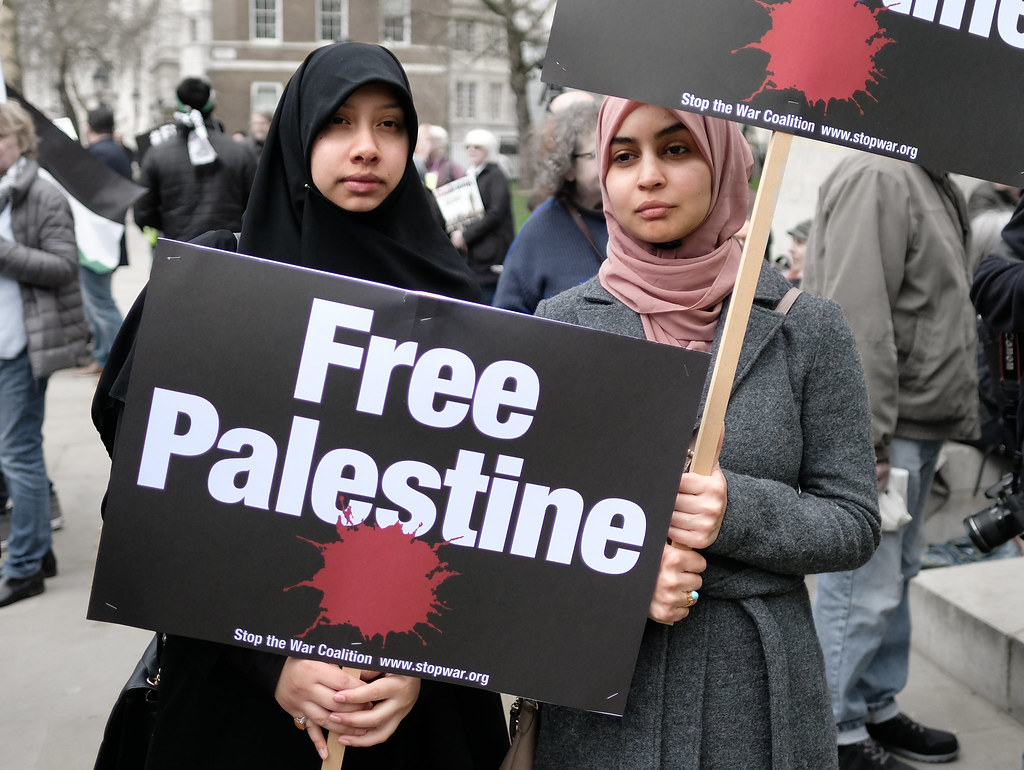Britain, Canada, and Australia have formally recognised Palestine as a state in a rare show of coordinated diplomacy, intended to revive momentum towards a two-state solution.
The joint announcement highlights growing international concern that prospects for peace in the Middle East are fading amid escalating violence and settlement expansion.
Leaders from the three countries insisted their move was guided by international law and United Nations principles.
British Prime Minister Keir Starmer emphasised that although hope for a two-state solution is diminishing, it must not be extinguished. He underlined that Hamas has no future role in Palestinian governance, stressing the need for a representative and peaceful administration.
Read More: Belgium to Recognize Palestine as Independent State
Canadian Prime Minister Mark Carney described the recognition as rooted in human rights and the rule of law. He sharply criticised Israel’s policies, including settlement expansion in the West Bank, which he labelled a direct threat to peace.
Carney also said the recognition Canada reflected its longstanding belief that only a two-state solution can bring lasting security for both states of Palestinians and Israelis.
Australia echoed similar concerns, aligning itself with its allies to press for international backing of Palestinian statehood. The move is expected to put renewed diplomatic pressure on Israel, which opposes unilateral recognition of Palestine.
Supporters say this recognition could reignite negotiations, while critics argue it risks deepening divides. The announcement nevertheless marks a significant shift in Western policy towards the Israeli-Palestinian conflict.


